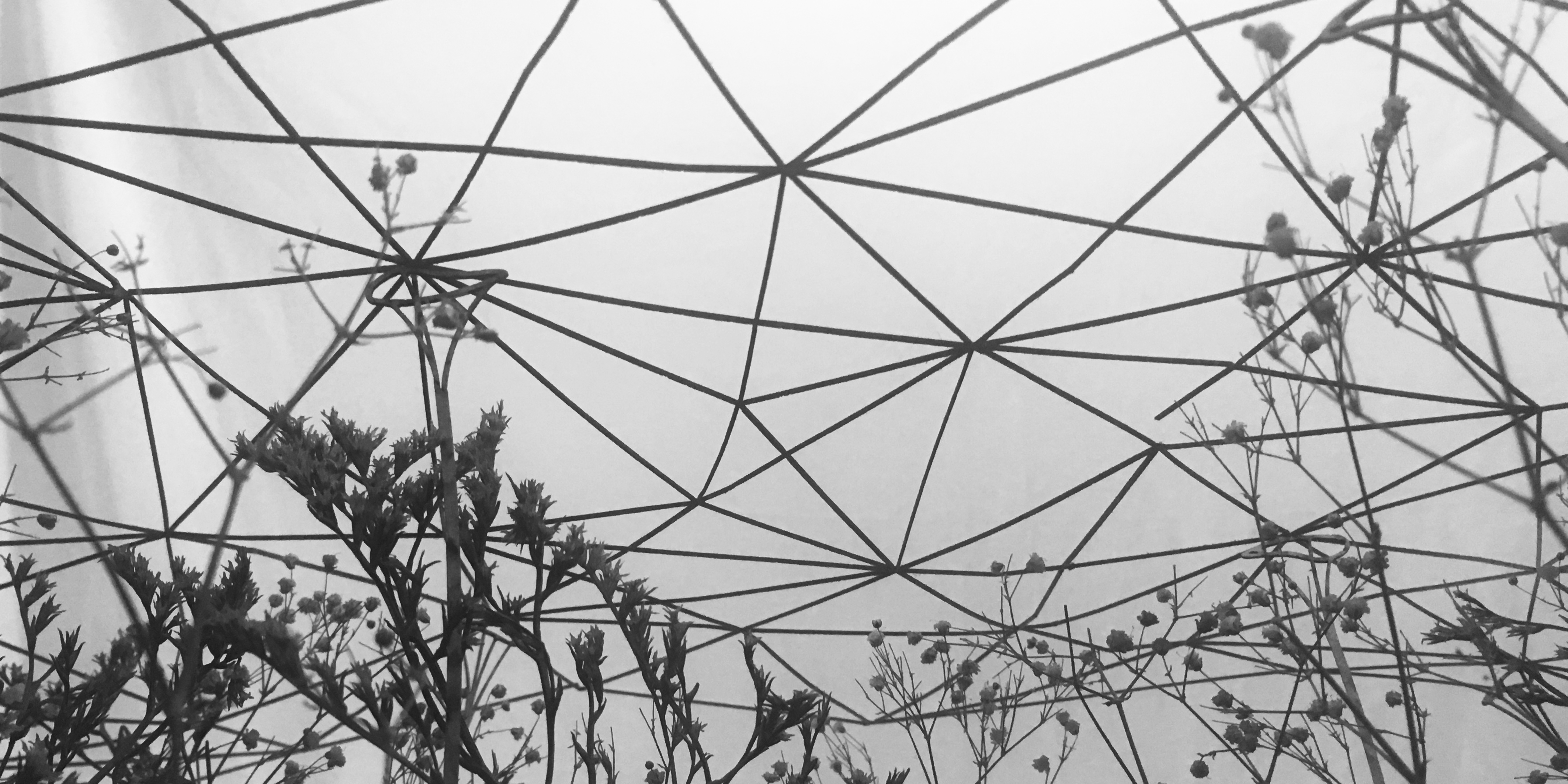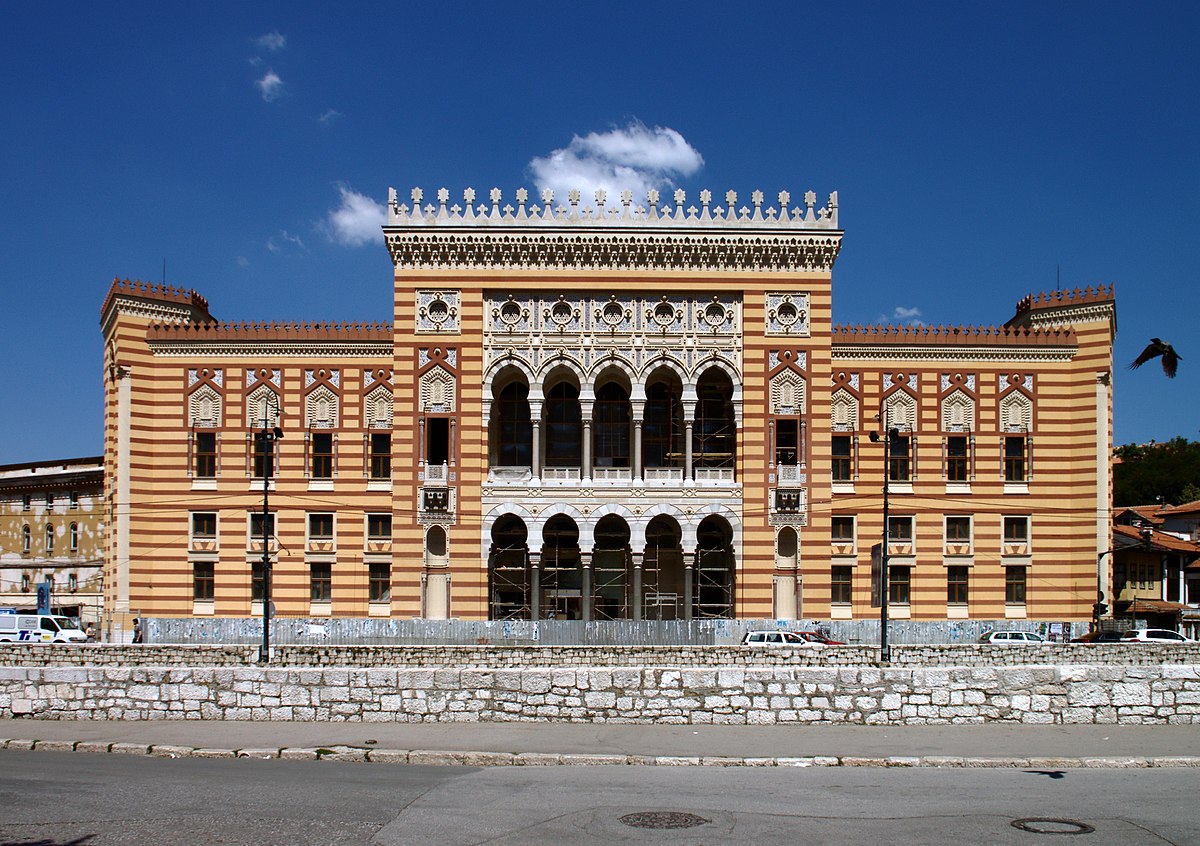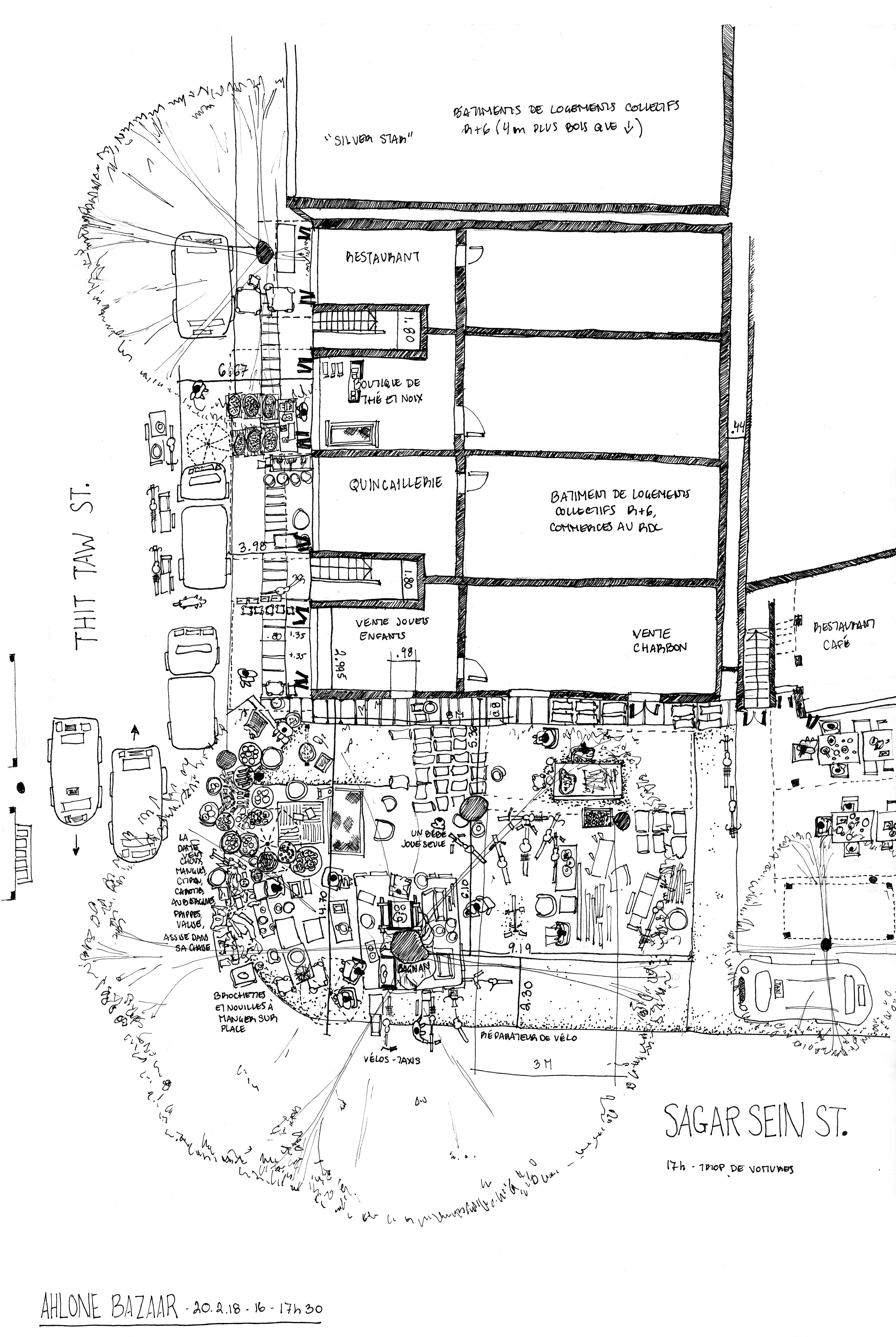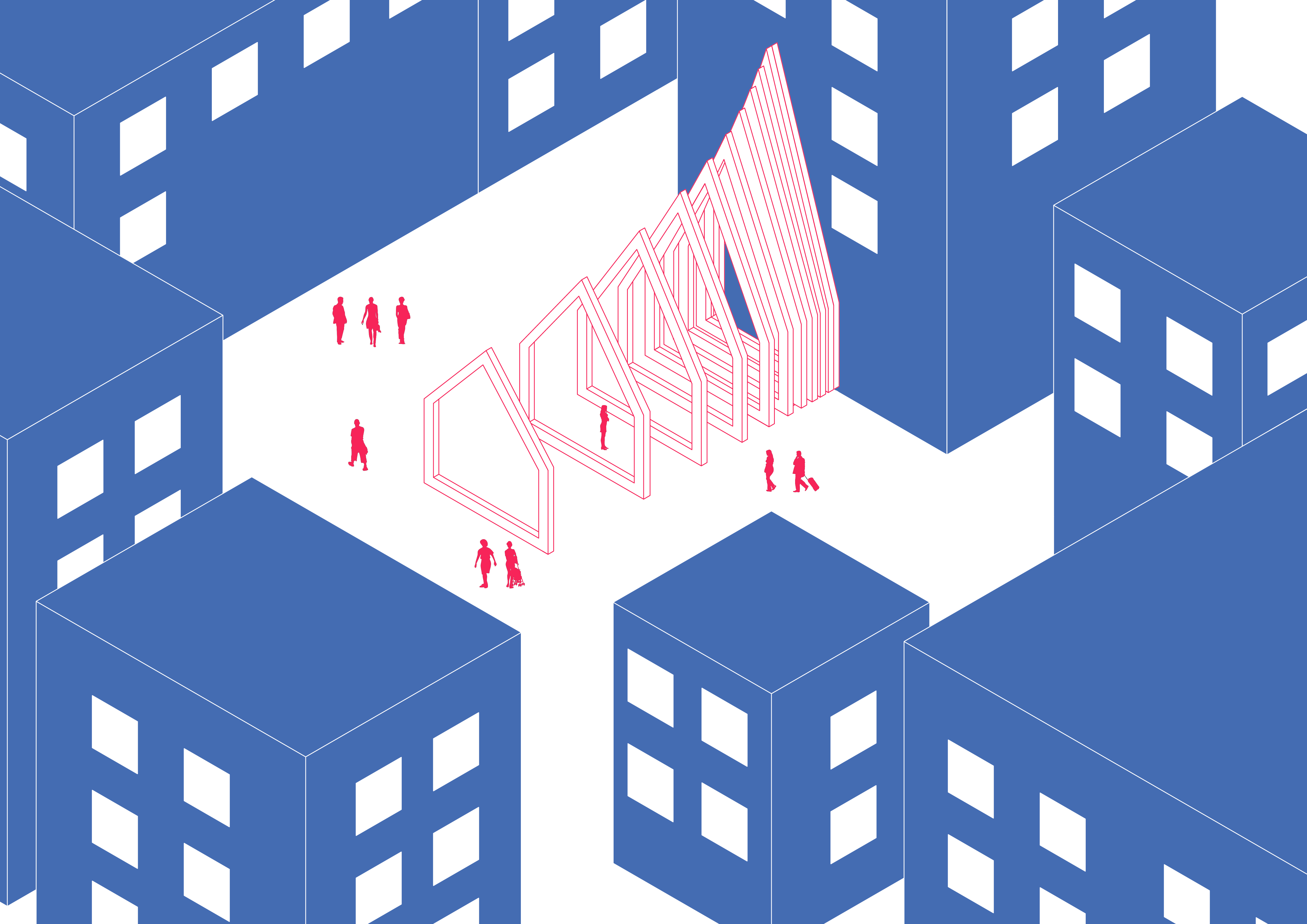Author: Fedor Jurić
Architecture Faculty, University of Belgrade
Imagined as an alternative to traditional models of mass tourism, District 777 explores renewed forms of community within the territory of non-productive time. Leisure, rest and vacations put under discussion the usual notions of privacy, segregation, relation and exploitation of territory and environment, usually presented in the collective lodging linked to tourism.
“Paradise” for every one of us, represents the need to implement our subjective experiences, ambitions and longings into objective reality. They construct the so called “current”, physical reality from perceptual reality, that is, constructing reality from experience. The word “paradise” gets its origins from the old Persian term parirdaeza, literally enclosed space, and was coined to refer to the first Persian gardens. The shift of the meaning to the Garden of Eden comes from the Hebrew word parádeisos, “garden”.
District 777 is located between the Belgrade fair and the Sava river. It is simultaneously infinite and integrated into the silhouette of the city, in continuity with the environment, but completely differentiated. The rod structure, vegetation, aquatic surfaces, translucent membrane and the “moving” soil are interlaced, generating an endlessly abstract horizon. It becomes an imposing democratized space, as an extension of public life. It requires cohesion of living spaces and visitors who generate an ecosystem in which the social aspect is identified with the internal climate and topography. A market as a traditional place of gathering and social interaction in civic life, stimulates and unites the proposed order. A communal house is formed, a collective salvation of public thought in an expressive landscape, formed between membranes and dense vertical vegetation.
The architecture here is not based on an imitation of nature, but on a self-generated system that produces a configuration whose geometry and appearance are consistent with the specific contents. The structure is in continuity with the natural environment, manifesting its contemporary interpretation of basic humane materials.Formed by a kinetic structure, which reacts to the geometry of internal content, as well as the pressure of external influences.
The impression of a close ambient covered by a membrane is overcome by a vast landscape of flowers and vines grow over the distorted and pleasant rug of “silk” fields and forests, transforming the existing ecosystem into an unfamiliar extraordinary flora and fauna. Instead of walls, privacy is achieved by distances and the vegetation between them. It represents a filter of modern society, feeding off the by-products of city infrastructure, it immortalizes its existence.
“Removed from the hustle and bustle, one does gain some distance from the distinctions of ‘actual’ life, but without being subjected to a new determination that would circumscribe from above the sphere of validity for these determinations. And it is in this way that a person can vanish into an undetermined void, helplessly reduced to a ‘member of society as such’ who stands superfluously off to the side and, when playing, intoxicates himself. This invalidation of togetherness, itself already unreal, thus does not lead up toward reality but is more of a sliding down into the doubly unreal mixture of the undifferentiated atoms from which the world of appearance is constructed.”
– Siegfried Kracauer
The “underground” of District 777 affirms the private and humane aspects of modern life. The permeation of crypts in a complex system of wavy darkened rooms, rich associations with nature, occasionally emphasizes natural light, as preparation for entry into the warm and sensual upper gardens. The spilling trough the corrugated rooms, suggest additional hotel amenities, without disturbing the “heavenly span” above it.
“The person sitting around idly is overcome by a disinterested satisfaction in the contemplation of a world creating itself, whose purposiveness is felt without being associated with any representation of a purpose.”
– Siegfried Kracauer






